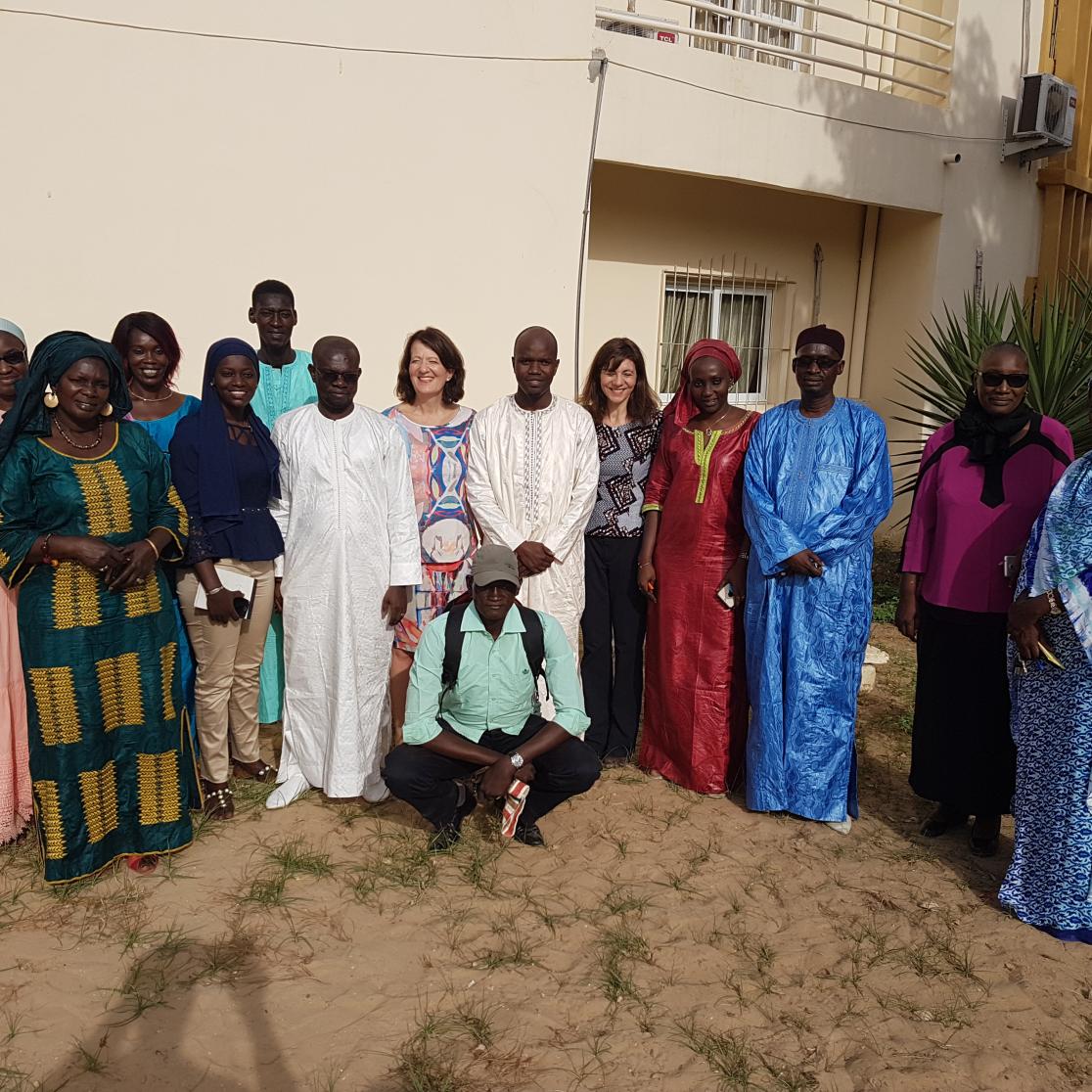Incorrigible optimist
After her medical studies in Maastricht, Marijke Wijnroks went to work in poor countries, often in dangerous circumstances. Now, as a policymaker and manager at The Global Fund, she has joined the fight against the near-ineradicable diseases of tuberculosis, malaria and AIDS. While she never planned her career, there is a clear common thread running through it. “Whenever I go on a field trip, I meet people who are the living proof that what I’m doing has meaning.”
Not a ‘proper’ doctor
She was among the first cohorts of medical students, at a small faculty where everyone knew one another. “There was this atmosphere of pioneers who were critical of the usual study programmes. And we all wanted to prove that we’d be good doctors. Because especially in the beginning, people looked down on Maastricht; they didn’t see us as ‘proper’, university-educated doctors. I had a great time there.” Later, Wijnroks benefited in particular from the social skills she had acquired: analysing problems, playing different roles in the group, exploring medical-ethical issues and learning to reflect on herself as a doctor. “I’m a very satisfied Maastricht student.”
After her studies Wijnroks took a step that surprised everyone, including herself: she joined Doctors Without Borders. The ambition must have arisen in childhood, she now thinks. “I remember seeing images of a famine on TV and saying out loud: I’m going to be a doctor so I can go and help those children.” Her first posting was to South Sudan, where she found herself in a war that was escalating quickly. It was a big shock. “But I learnt a lot, especially how you hold yourself together in unpredictable and dangerous situations. Ultimately I discovered that I’m much stronger than I thought. Which in turn gave me more self-confidence, because I knew I had that strength.”
Optimist
In Africa she came to realise that her own influence is limited. “If you’re too idealistic, you end up disappointed and no longer able to function. You always have to keep in mind, what’s my role and what can I do? And then you do that as well as you can, even while knowing that there are many things you can’t change.” Nonetheless, she calls herself an incorrigible optimist. “I saw incredible progress, and met so many people who rise above themselves in very difficult circumstances and want to help others, sometimes at great risk to themselves.”
Since 2013 Wijnroks has been chief of staff at The Global Fund, founded specifically to put an end to AIDS, malaria and tuberculosis. As a policymaker, she is officially no longer a doctor – but that makes the work no less worthy. “I now facilitate the aid programmes under which people can be treated.” The Global Fund has an ambitious mission. Tuberculosis is the number one cause of death worldwide. HIV is increasingly affecting vulnerable groups such as gay men and young women, who are discriminated against or persecuted in many countries. The incidence of malaria is increasing as a result of global warming. Many countries have weak healthcare systems. And then there’s the need for the money to be well spent, rather than disappearing into the wrong pockets.
Making a difference
But Wijnroks will not be discouraged. So much progress has been made in the last 15 years, she explains. “Whenever I go on a field trip, I meet people who are the living proof that what I’m doing has meaning. You see hospitals where people with HIV come and collect their medication from the outpatient clinic and go home again. Fifteen years ago they were written off as dead. In Swaziland, young women who have been sexually abused are taking action and no longer refusing to accept certain things. That makes me very happy. These are great moments that make you realise you’re really making a difference. I’m very grateful that I can make a contribution this way.”
By: Hans van Vinkeveen
